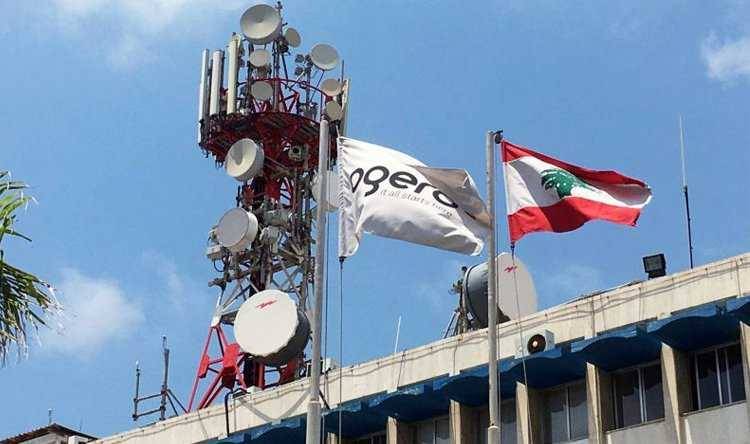Recently, there has been discussion behind the scenes of the private sector, specifically among private companies in information transmission and internet services, about a new telecommunications decree that aims to end the Lebanese private sector, or what remains of it. Reliable information in this context indicates that the State Council has numerous comments on this decree. However, companies are now fearful that this decree will be adopted in its current form, amidst the known chaos due to the crisis, despite the substantive written observations made by licensed companies in the private sector.
It is necessary to clarify some aspects of this decree and its significant dangers if adopted, and to raise our voices to the concerned parties in both the public and private sectors for urgent action to avoid an additional Lebanese crisis. This proposed decree first stipulates an increase in tariffs, where the costs for the private sector have quadrupled, while the selling price has only increased by two and a half times, making costs exceed revenues and leading to a deterioration of services or even the risk of closure. However, the primary harm this decree could inflict on the private sector lies in its provisions regarding the modification of licenses obtained by several private companies since the 1990s, in accordance with decrees issued by the Council of Ministers that are renewed annually until the implementation of Telecommunications Law 431, which governs how to deal with these decrees upon the enactment of the aforementioned law.
Contrary to all applicable regulations and laws, as well as contrary to Law 431 that governs the telecommunications sector, this decree contains a fundamental flaw: the state's decision to assert control over all investments and networks established by the private sector over the years. It is worth noting that the value of these investments amounts to tens of millions of dollars for fiber optic network supplies. Under the pretext of securing revenue for the treasury, the state, under this decree, will aim to take control of all these private investments and confiscate them in a manner that can only be described as illegitimate and illogical. Notably, Law 431 states that companies that have invested decide in partnership with the regulatory authority of the sector on how to utilize these investments. Consequently, how can the state confiscate private companies’ investments with a stroke of a pen? What message does Lebanon send to foreign investors, especially as it desperately needs any external investment source to revive a dying economic body? Is it conceivable for someone to invest in a country knowing that their investment can be confiscated overnight, without accountability? On what basis does the state seek to nationalize a successful sector that provides the best services and place it under its direct administration? Is this based on the state's experience in the electricity sector? Where is the role of the parliament in this? How can a ministry become a legislative authority? Is it possible to open the door to legislation "upon request", without returning to the parliament?
Secondly, in addition to the first point, this decree carries another "explosive bomb" for the private sector, which is to provide full legitimate cover for the illegal telecommunications sector without regulation or oversight. Private companies that have suffered for years from a lack of regulation leading to the current situation with approximately 800,000 subscribers in the illegal sector have no problem with the situation; in fact, they demand order. However, the question is why was the market not regulated before, and why proceed in this manner? Moreover, the Lebanese state will grant these privileged illicit actors up to 60% of all revenues, under the pretext of spending it on network maintenance for three years. A remarkable paradox and a clear message: the state seizes private sector investments and exempts them from legitimate returns on one hand, while encouraging the illegal sector by absolving it of its past and crimes, thereby legitimizing its illegal income on the other hand. Is this a hidden systematic plan to destroy what remains of the private sector, free initiative, and entrepreneurship? Does the state not realize that the law-abiding private sector that pays taxes is the backbone of the Lebanese economy and growth?
Thirdly, in this same context, is the Ministry of Telecommunications capable of regulating the illegal networks across all Lebanese territories? Does it possess the human, technical, and financial capabilities to undertake such a task and bear additional responsibilities? If this is possible, why has it not done so before? Finally, in this case, what options are available to the Lebanese consumer, and where is the competitiveness? This decree undoubtedly conceals numerous and very significant risks. It represents a logical, legal, and economic absurdity. In any case, the private sector will not stand idly by regarding this grave matter and will certainly sue the Lebanese state before the highest judicial authorities if this occurs. This will lead to inevitable losses for the state, which unfortunately handles this matter chaotically without passing through the proper institutions. Therefore, we call upon the officials and responsible parties, for the sake of what remains, to take the necessary actions as soon as possible to spare us an additional crisis we can certainly do without.




